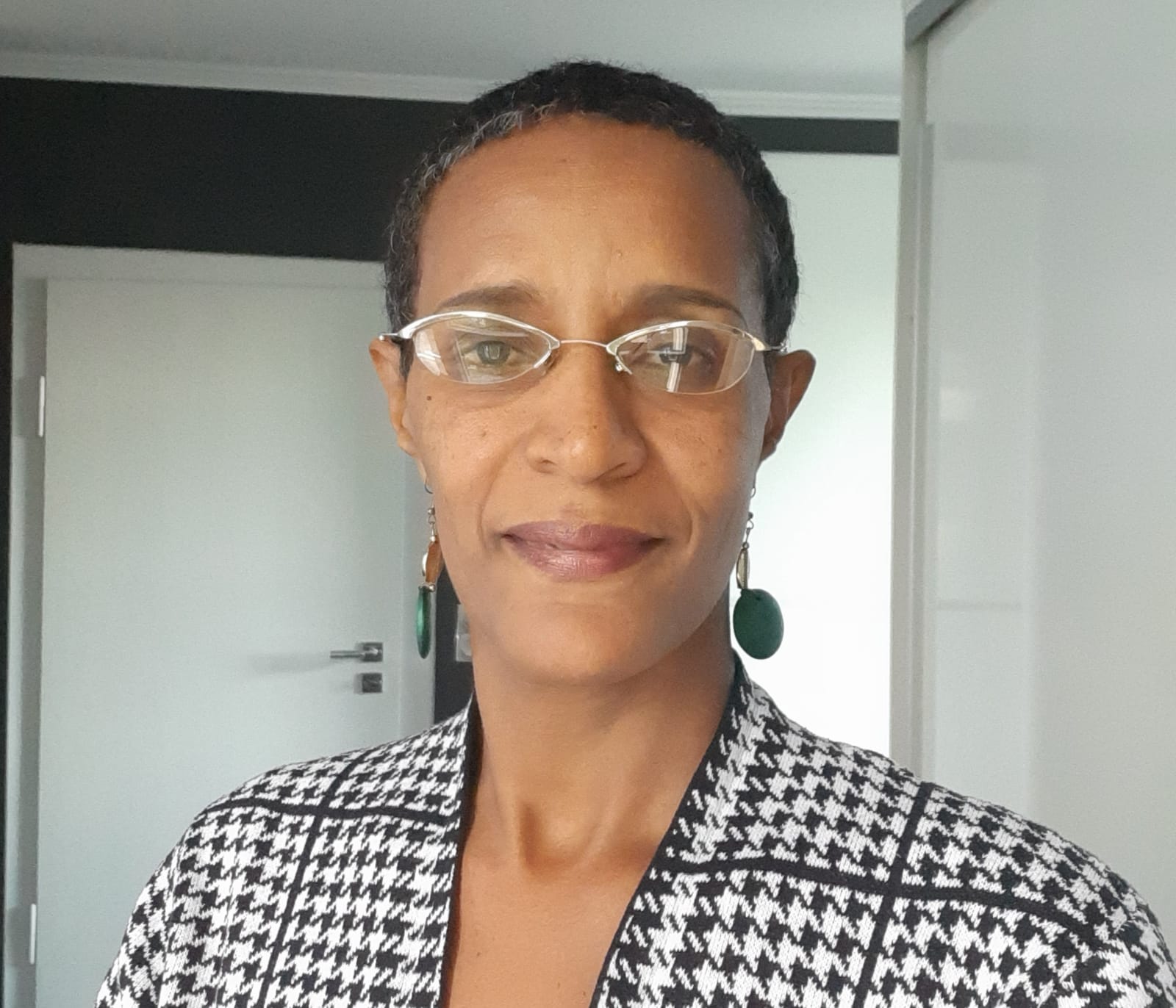Sign up for the daily CJR newsletter.
In 2019, Abiy Ahmed, Ethiopia’s prime minister, received the Nobel Peace Prize. He was credited with resolving a decades-long border conflict with neighboring Eritrea and releasing thousands of political prisoners. Ethiopia had once been named the second leading jailer of journalists in Africa by the Committee to Protect Journalists; Ahmed also promised to end state hostilities with his media.
In November, while US elections commanded international attention, tensions between Ethiopia’s government and the Tigray People’s Liberation Front (TPLF), a political party that ruled for twenty-seven years and is based in the country’s northern Tigray region, violently escalated. The conflict has since displaced thousands of people, with many seeking refuge in neighboring Sudan, and left thousands more dead.
Both the government and the TPLF want to control the conflict’s narrative, resulting in a flood of propaganda on social media and in the news. And even though Ahmed released political prisoners, including journalists, when he became prime minister, in 2018, members of the press are once more facing punishment. A number of journalists have been arrested for attempting to report on the situation. Most recently, a Reuters cameraman was put in solitary confinement without charge or evidence. And even before the violence between the government and the TPLF started, journalists were being arrested for reporting on other conflicts in 2020.
Extended internet and phone communication blackouts imposed by the government are also hampering reporting. “Because you’re unable to contact sources, it’s difficult to verify what you’re hearing,” Muthoki Mumo, the Committee to Protect Journalists’ sub-Saharan Africa representative, told Voice of America.
The Addis Standard, an independent news outlet in Ethiopia, had long warned of the potential for war and continued media restrictions despite the Nobel Prize and the grand promises. In November, one of its own editors was arrested, accused of “attempts to dismantle the constitution through violence.”
CJR spoke with Tsedale Lemma, the Addis Standard’s editor in chief and founder, about the Ethiopian press, international coverage of the nation, and Ahmed. The interview has been edited for clarity and length.
The landscape for journalists has shifted a lot in recent years—from heavy censorship to liberalization under Ahmed to a reversion. How is Addis Standard navigating that shifting terrain?
Previously our struggle was what we call a “vertical struggle” against a repressive state. But since Ahmed came, that struggle has changed in dynamics. Now it is not only with the government, which is folding on its own promises, but also interest groups. Political parties, civil societies, even religious organizations and private individuals have been empowered. Those interest groups want to influence the media too. So the struggle now is both horizontal and vertical.
What do you make of journalists being arrested again and communications blackouts being imposed?
So little has changed. The government continues to own and operate so many powerful media outlets. They get unfiltered access from the government. The independent media continues to struggle to assert our own editorial independence and get equal access to information. We have to rely on how the government media packages the narrative. We just take it from them, and we have so little room to scrutinize, to investigate.
In 2019, Ahmed was praised on the international stage after winning the Nobel Prize. What did that coverage miss?
There was a lot of hysteria, a lot of enthusiasm and happiness around the Peace Prize. That is how the international media functions. There is little room for historical reading of political events in the country and little room to actually look at where the local media—those who have relatively been or are independent, such as Addis Standard—are.
For example, the peace agreement with Eritrea. We’ve been publishing strong-worded editorials that point out this peace deal wasn’t really what the world wanted to see in it. But the world wants to see what the world wants to see.
Recently, you’ve been featured by Al Jazeera, the New York Times, and the BBC, among other international outlets. Is global news coverage now embracing the voices of local Ethiopian journalists more?
The international media is confronted with a reality that we have been trying to highlight for a while. They’re reporting on the prime minister based on his words and based on his actions now. I think there is this moment of reckoning. People are seeing through him for what he’s doing. The period of infatuation seems to have come to a screeching halt.
And the government, not being used to it, are a bit upset. That’s why you see it creating its own fact-checking social media sites, trying to wrestle the narrative back.
One of your editors was arrested, released, and then rearrested. How do you cope with that?
We are planning different precautionary measures and looking forward to the next hearing. We have to wait and see. But it’s a delicate issue, and I don’t want to jeopardize it by adding any sentimental opinions into it, as difficult as that is.
Has America ever needed a media defender more than now? Help us by joining CJR today.







